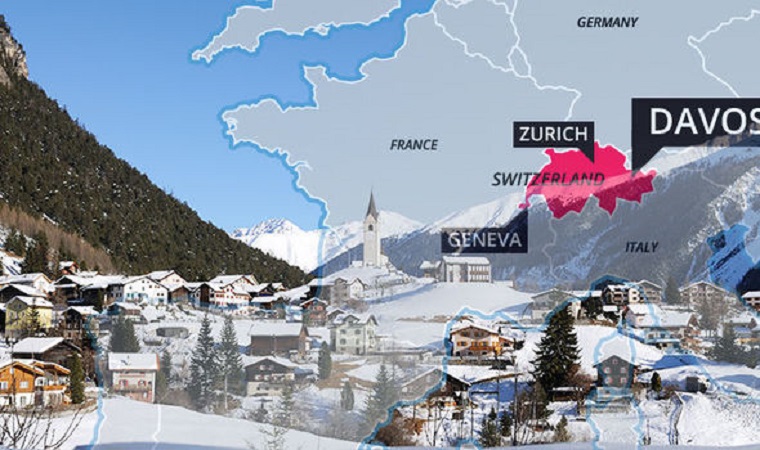As Emmerson Mnangagwa heads for the snowy slopes of Davos, Switzerland to rub shoulders with the global capitalist and political elite at the World Economic Forum, he must not forget the more radical ambitions of his background.
His recent discussion over lunch with Financial Times journalist, Alec Russell, was revealing. Zimbabwe desperately needs finance, and support from western nations, as well as China, Brazil, India and others who stuck with the country in the last years.
The Investment Policy Statement and Action Plan released last week makes all the right noises. The charm offensive with the British is in full flow, and the FT interview was part of creating the right mood music.
But there are red lines it seems; and one is land reform, despite the long period of sanctions imposed from 2000 and the antagonism of many western powers to this redistributive move. Mnangagwa's enthusiasm for getting agriculture, as the core sector in an agrarian economy, moving is clear too – although all seen through the lens of his ‘command agriculture’ experiences.
The full transcript of the FT interview is available too – and it offers a glimpse of an unusually relaxed, engaging Mnangagwa.
A reminder that a commitment to a radical transformation of agrarian relations is crucial for Zimbabwe, and that the land reform was only one step, was offered in the first annual Sam Moyo memorial lecture last week.
Hosted by the Sam Moyo African Institute of Agrarian Studies, the lecture was delivered by Prabhat Patnaik from JNU, India and introduced by Issa Shivji from Tanzania. The lecture offers a powerful call not to forget ‘peasants’ and poor smallholder farmers in agrarian transitions in the context of globalisation.
Sam Moyo tragically died in a car accident in India in late 2015, but his work and committed yet practical radicalism lives on amongst many young scholars, and in the vibrant agrarian studies summer school held each January in Harare. Mnangagwa and his people should go along next year to learn more about experiences of agrarian transformation globally.
At Davos, the allure of much-needed capital will be strong for Mnangagwa and his ministers. The WEF represents a gathering of the high priests of neoliberal capitalism, all eager for investments and returns. Zimbabwe may soon be seen as a promising investment destination, and needs to prepare for this. Such investments need to be for Zimbabwe’s development, not just servicing global capital. A strong state leadership will be essential, as deals are negotiated.
Continued next page
(215 VIEWS)
